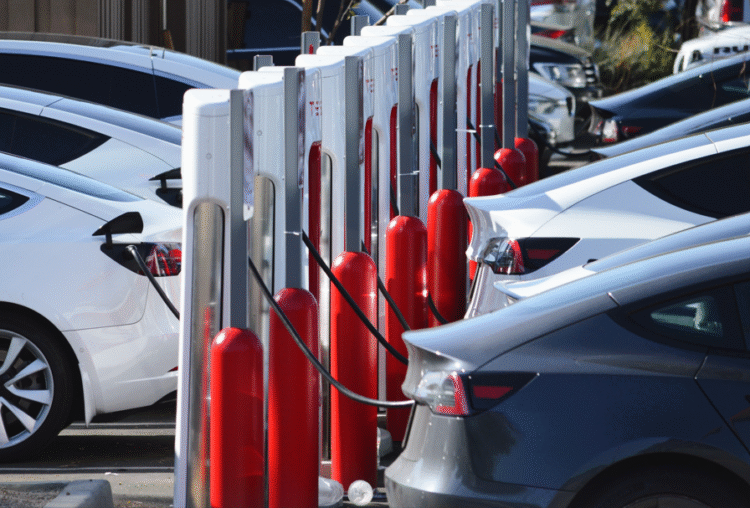Almost half of UK employers offering car allowances have no visibility of how that money is spent, raising compliance and cost concerns, salary sacrifice car scheme provider Tusker has warned.
Research published in ‘The Driving Loyalty Through Electric Cars’ report, from the provider, found that 46 percent of employers don’t know whether employees are using their car allowance to fund a vehicle.
The provider said this lack of oversight presents risks in terms of duty of care, emissions reporting, and cost control. A further 30 percent of employers surveyed said only a small number of employees are using the allowance to fund a car.
This trend highlights a growing dependence on the “grey fleet”, a term that refers to employees using personal vehicles for work purposes, the provider said. This dependence leaves employers vulnerable to claims if those vehicles are not roadworthy, insured or compliant with environmental targets. It also complicates efforts to track Scope 3 emissions, which are now a key focus in sustainability reporting.
“When employees drive for work, whether in a company vehicle or their own, employers have a clear legal duty to manage that risk,” said Cheryl Clements, head of business development at Tusker. “Too often, basics like insurance, licence checks, and vehicle condition fall through the cracks. Taking a more structured approach helps organisations stay compliant, protect their people and make smarter decisions about how business travel is managed.”
The provider said that as grey fleet costs rise and climate targets tighten, more employers are replacing ad-hoc allowances with structured car schemes. Salary sacrifice options, especially for electric vehicles, offer fixed monthly costs, tax and national insurance (NI) efficiencies, and tighter control, the provider emphasised. The research found that nearly two fifths (38 percent) of employers credit NI savings as a key reason for adopting such schemes, with 47 percent reinvesting those savings into broader employee benefits.
“As grey fleet costs rise and pressure grows to meet climate targets, employers need better tools to manage business travel. Salary sacrifice provides that structure. It’s transparent, predictable and genuinely benefits both employer and employee,” Clements added.
Employer Leeds Community Healthcare NHS Trust launched a subsidised salary sacrifice scheme in November 2024. The trust partnered with Tusker and CPC Drive to cut £1.5 million in annual mileage reimbursement costs and reduce grey fleet use. The partnership also made greener vehicles more accessible to staff.
Under the initiative, a £113 monthly employer subsidy was introduced which enabled NHS employees earning £26,530 to access a fully maintained and insured car for the first time. More than 1,000 employees were eligible for the scheme and early interest has been strong.
Harriet Jones, sustainability and environmental manager at Leeds Community Healthcare NHS Trust, said: “We know that there are a lot of NHS workers who need a car, not least those working in the community or living in rural areas.
“The salary sacrifice scheme we have in place with the subsidy included, offers a chance for employees to access a car who previously would not have been able to, particularly those in lower pay brackets.
“The scheme also provides flexibility and considerable tax savings for individuals as a salary sacrifice car includes insurance, maintenance and lifestyle protections which many personal leasing options don’t. It also means that we have total peace of mind that our duty of care is covered, so if the worst should happen, our employees and the trust are protected.”












